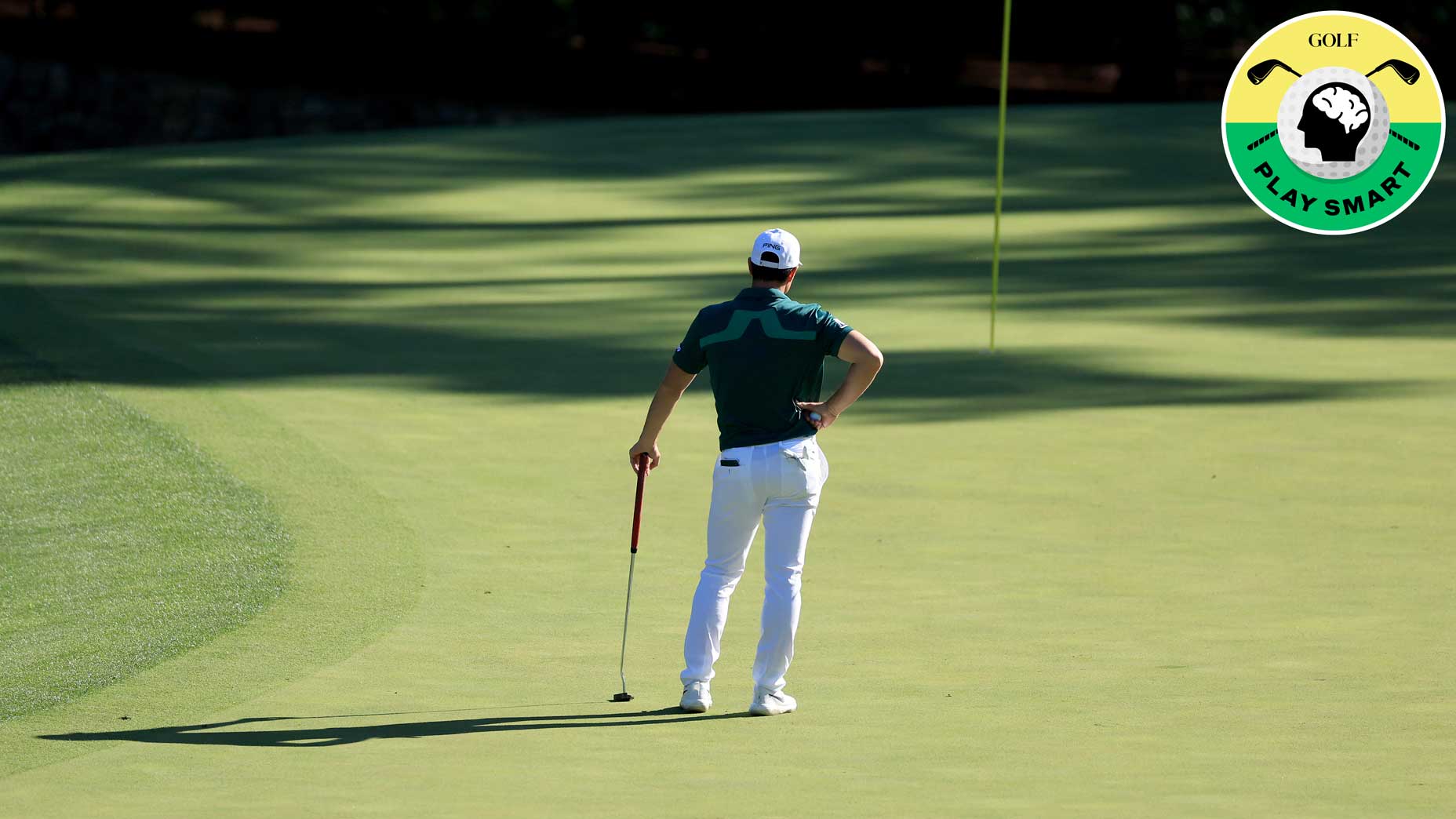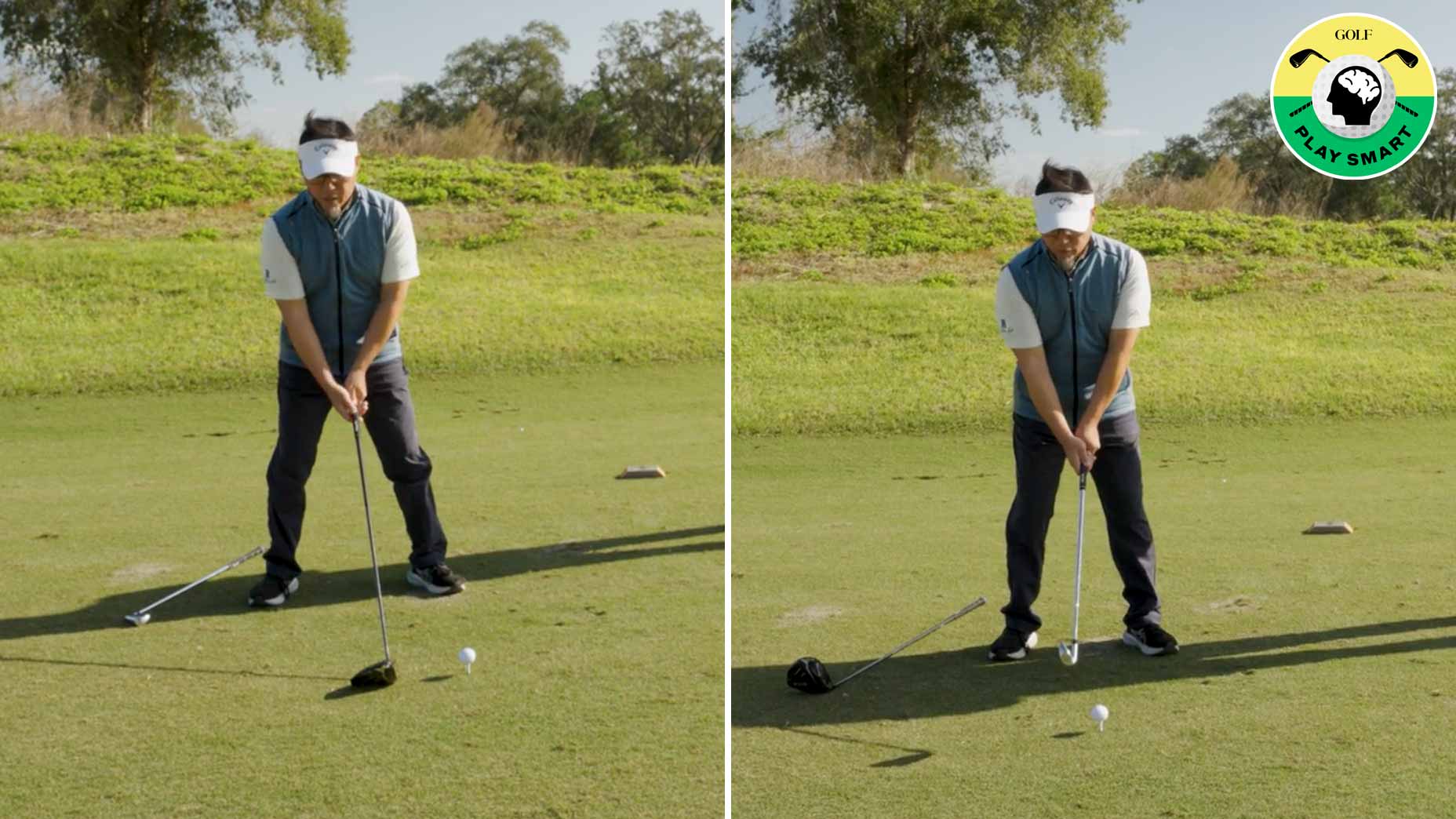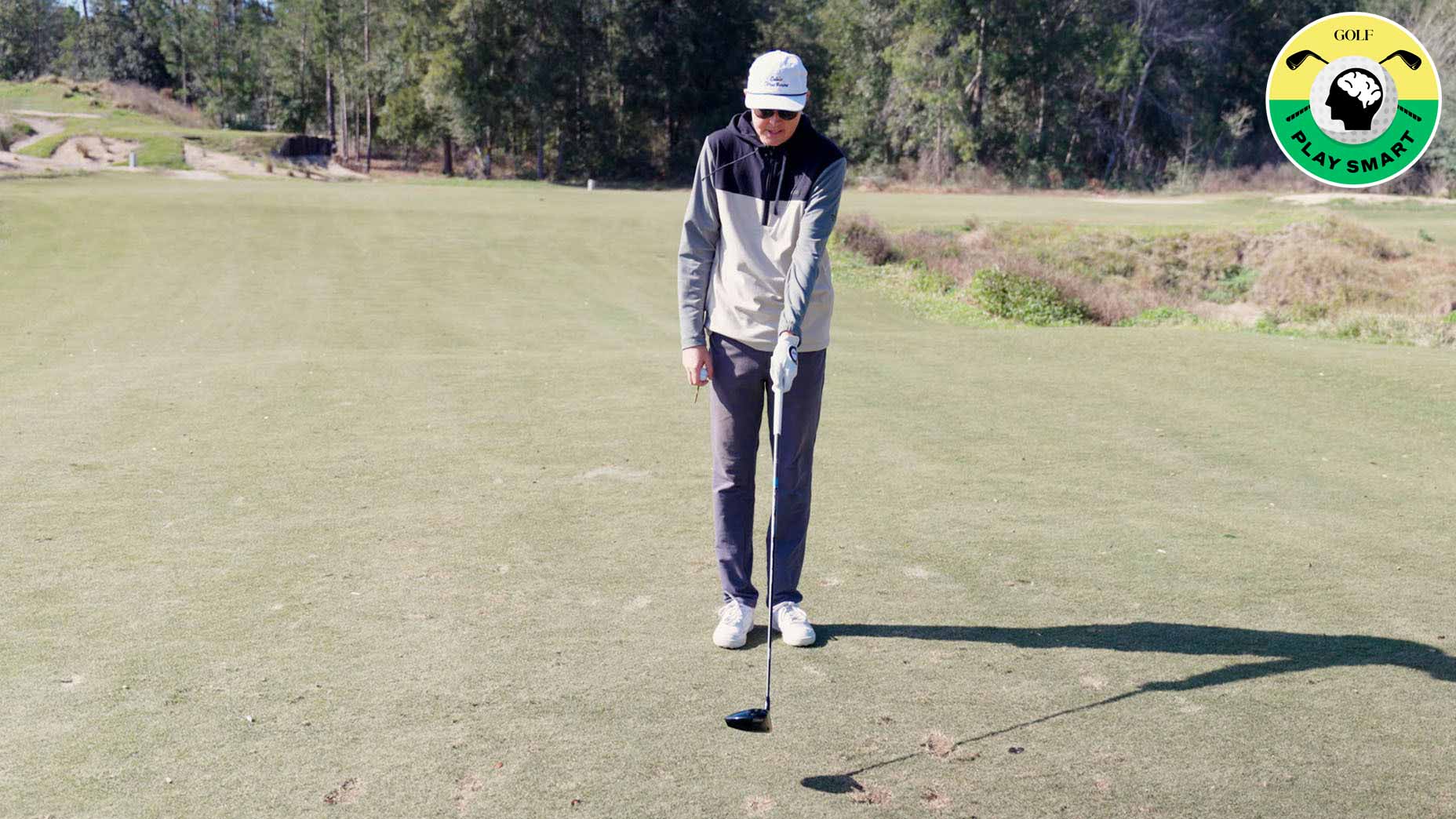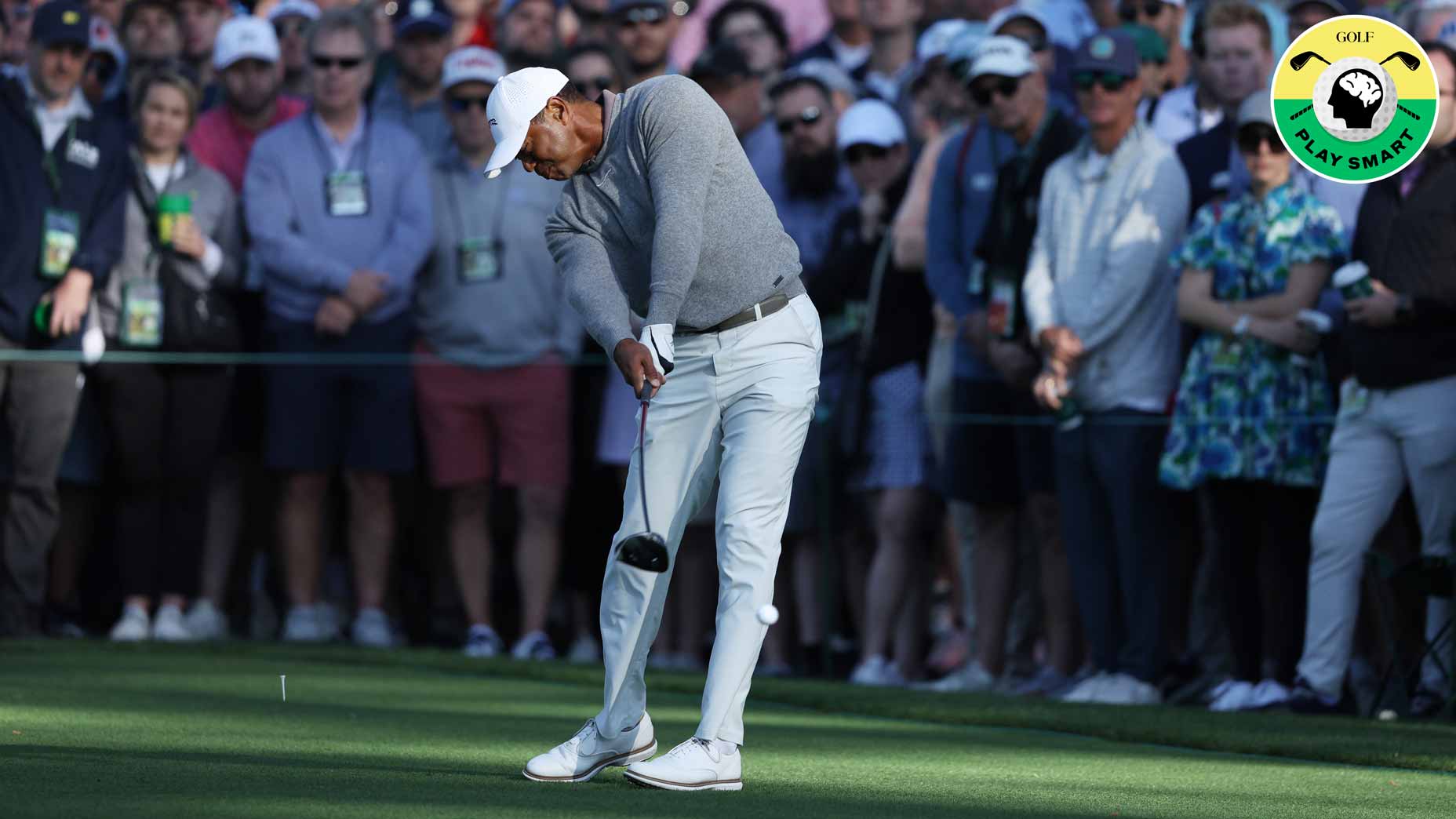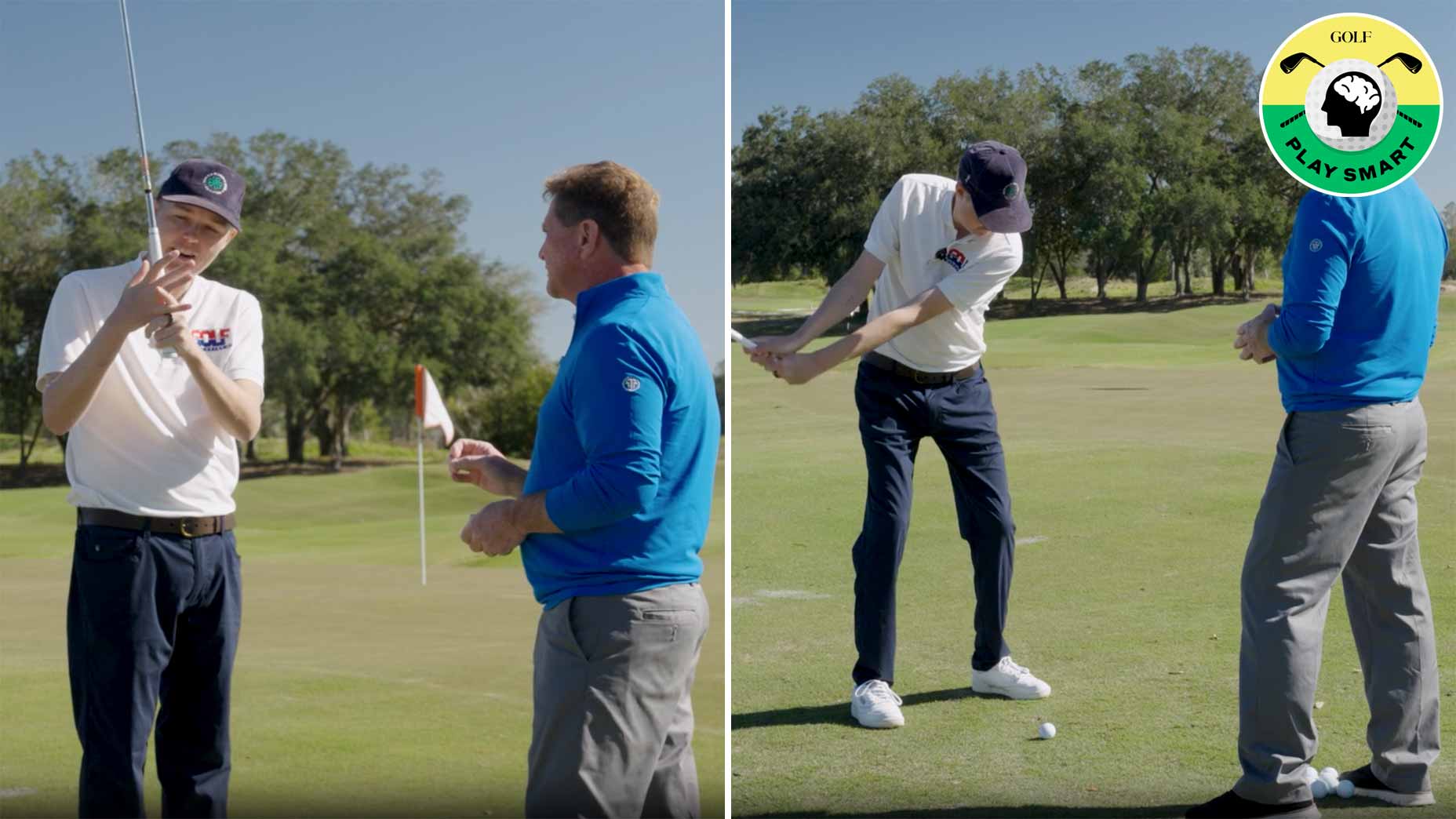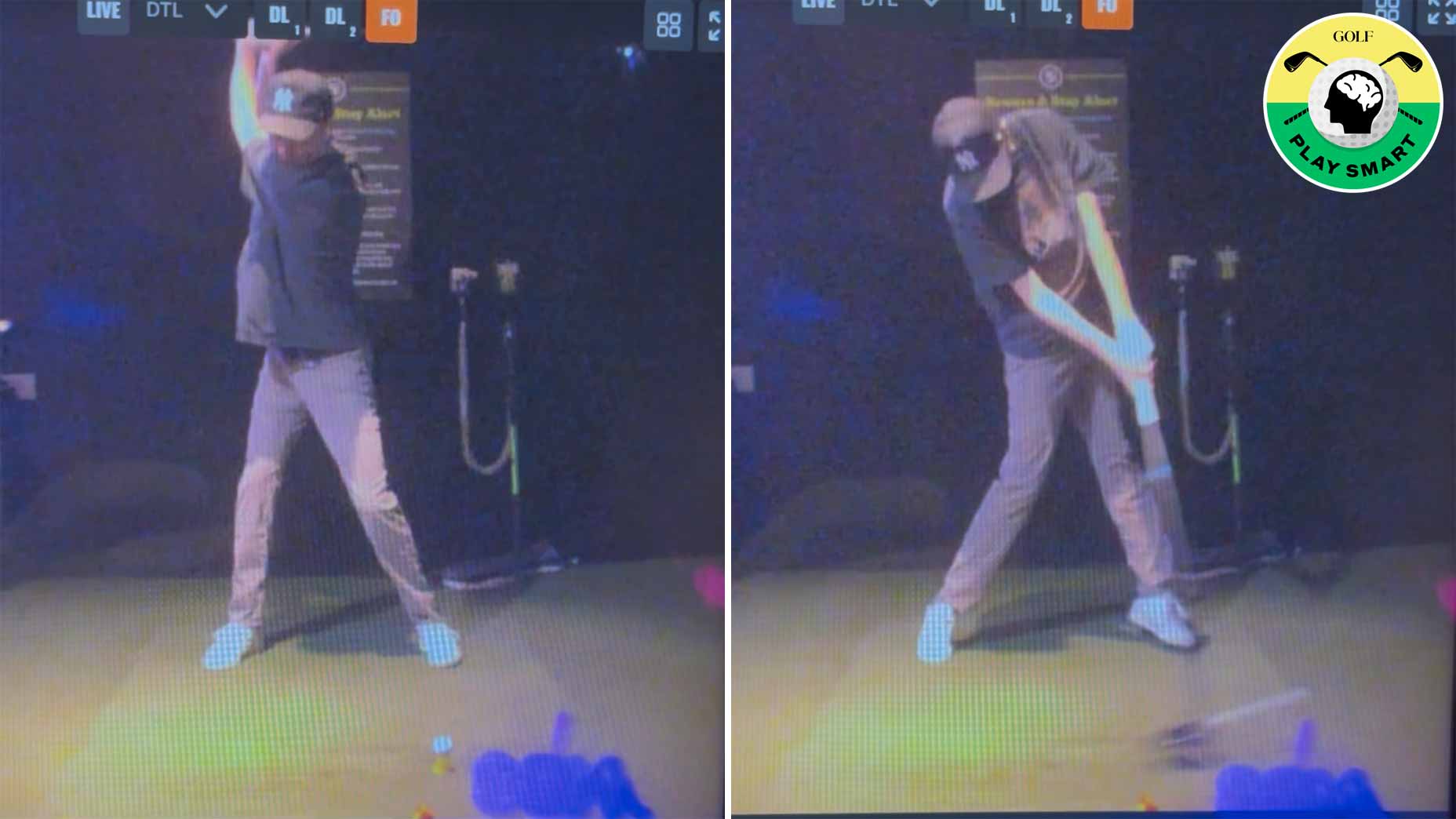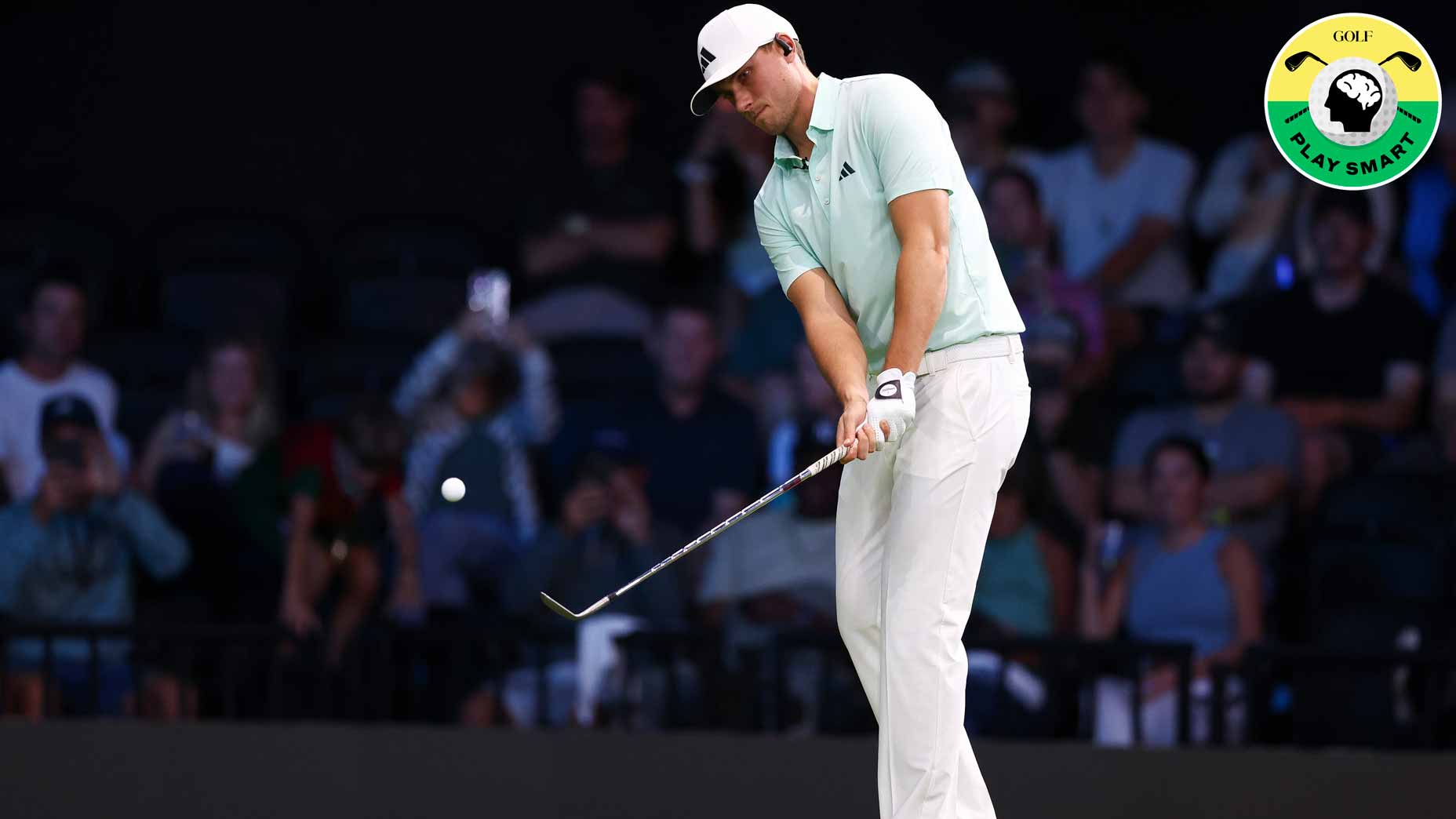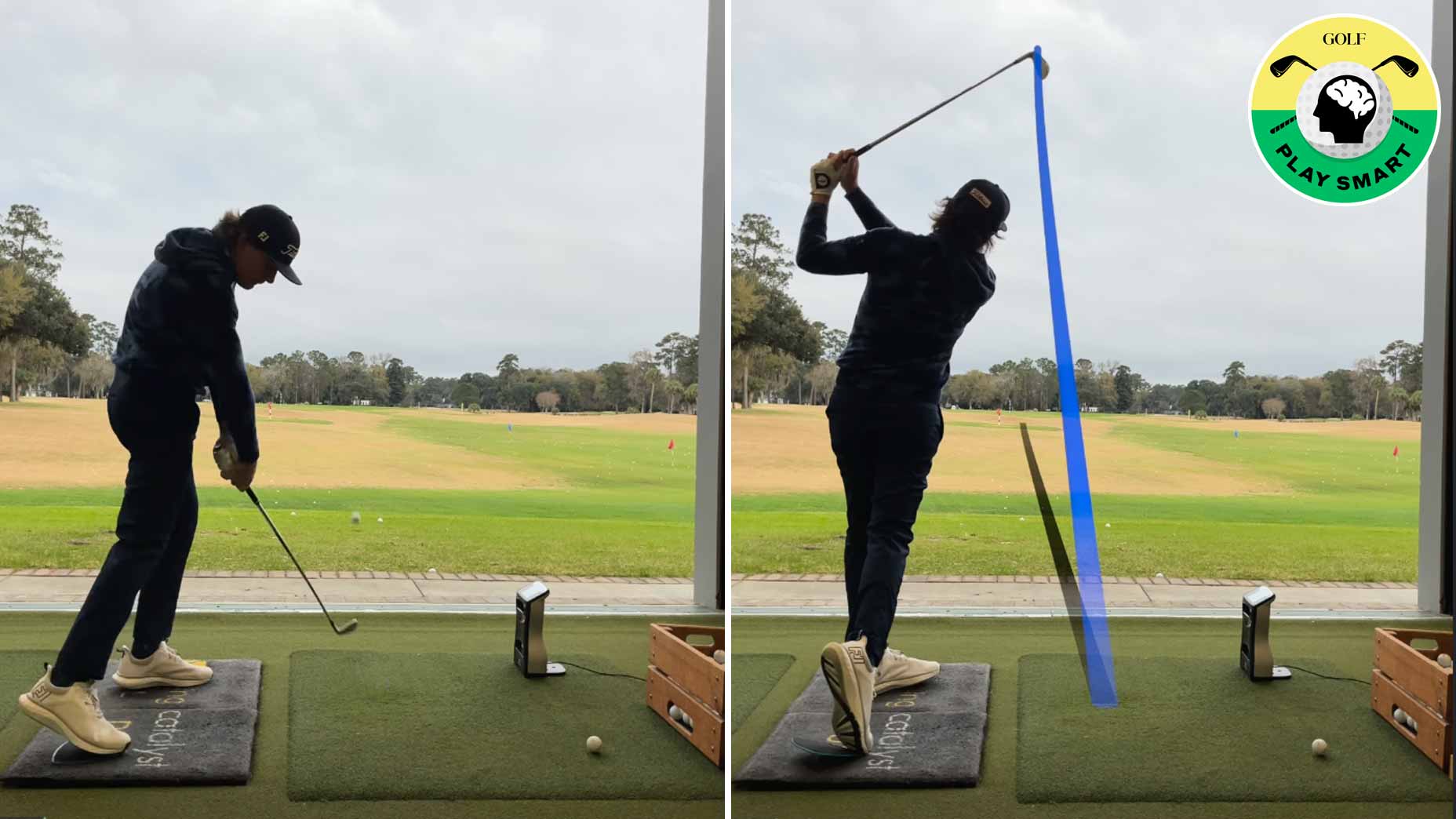Pace of play was a hot topic on Sunday at Augusta National. On a day when the leaders needed to play 29 holes to crown a victor by sundown, the pace wasn’t exactly brisk. Jon Rahm and Brooks Koepka waited on many shots throughout their final round, and Koepka didn’t mince words when asked about the issue after his T2 Masters finish.
“Yeah, the group in front of us was brutally slow,” Koepka said. “Jon went to the bathroom like seven times during the round, and we were still waiting.”
The penultimate pairing in front consisted of Patrick Cantlay and Viktor Hovland. And while the course was jam-packed with pairings after a two-tee start, much of the discourse (and blame) centered on Cantlay’s deliberate routine. Ultimately, it took the penultimate pairing just under five hours to finish.
“We waited all day on pretty much every shot,” Cantlay said. “I imagine it was slow for everyone.”
Slow play isn’t fun for anyone, and especially when a major championship is on the line. But how does a slow pace affect scoring? According to advanced analytics, it’s not insignificant.
How pace of play affects scoring
According to a study from Arccos Golf, slow play is detrimental to golfers of all handicap levels. When rounds go faster, scores drop lower.
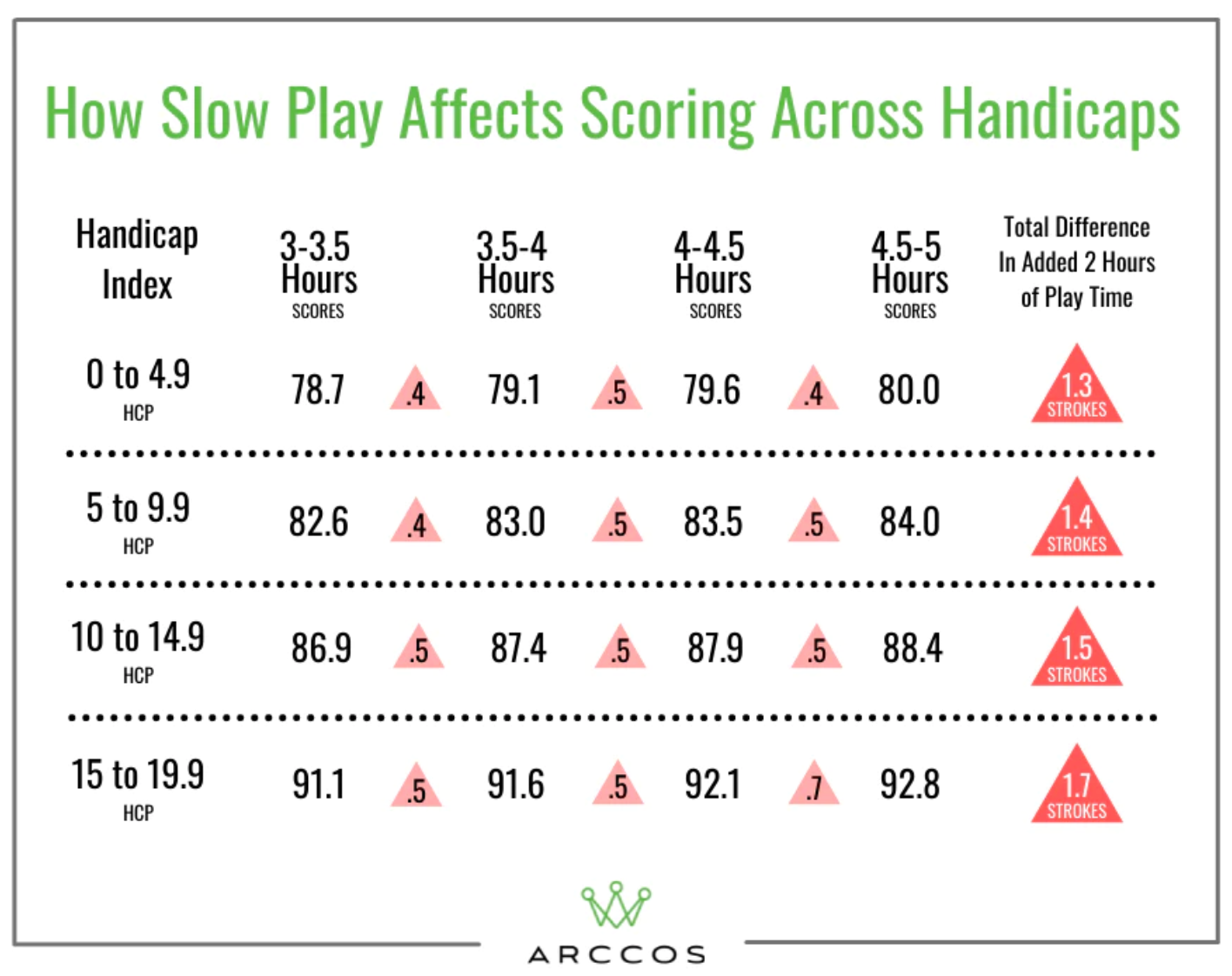
Arccos collected this data from golfers who use their stat-tracking system and recorded at least six 18-hole rounds. The data was for par-72 courses between 6,000 and 6,500 yards in length, between 70 and 73 course rating, and a slope between 120 and 130.
The results suggest that the slower the round, the higher your scores become. For each hour added to your round, you can expect to add about one stroke to your score.
“At a quick glance,” the study says, “every level of golfer benefits from a faster pace of play with the lowest scores coming in between 3.0-3.5 hour rounds.”
It’s impossible to say if this data would’ve held true on Sunday at the Masters, but for the Average Joe, the facts are obvious — the faster your round, the lower you can expect to score. And while it’s impossible to control the pace of play on a jam-packed course at your local muni, just remember that when it’s your turn to hit, swing away. The shots you save could be the difference between a personal-best, and another 19th-hole recap filled with “what-ifs.”
